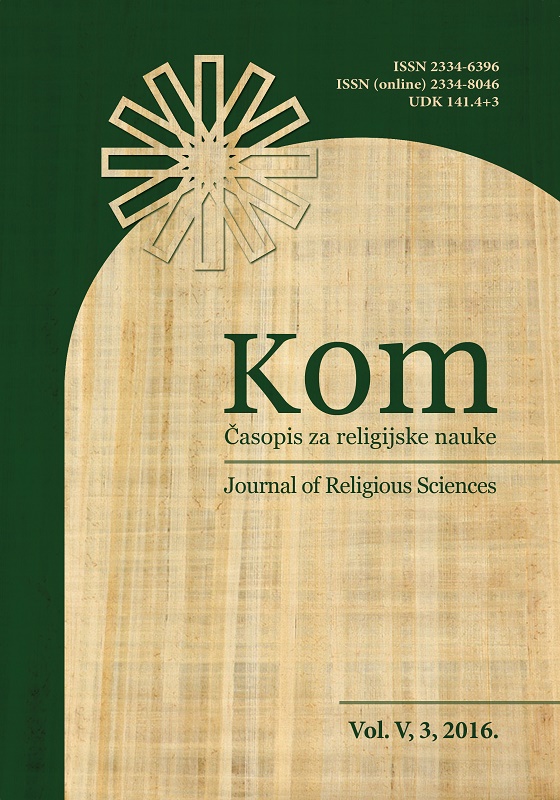Democracy from Islamic Law Perspective
Democracy from Islamic Law Perspective
Author(s): Abdulkadir MubarakSubject(s): Government/Political systems, Politics and religion, Contemporary Islamic Thought
Published by: Centar za religijske nauke "Kom"
Keywords: Democracy; Islam; Islamic law; way of life; Shura; Caliph; the Middle East; Iran
Summary/Abstract: It is frequently argued that because many Muslim states are monarchies or dictatorships or because of certain events that have taken place within their borders, Islamic law is not compatible with democracy and democracy is even neglected in the provisions of the holy Qur’an. Islamic law, according to what can be traced in its primary sources, not only supports democracy and people’s participation in the state affairs but even possesses provisions in the Qur’an verses which encourage counselling and consultation and some scholars deem that to be democratic representation. Islamic Law, according to the provisions of some verses from the holy Qur’an encourages democracy but not liberal democracy like that of the western world. The religious democracy that can go with our modern time and solve many contemporary problems of the Muslim world is the model which was introduced by late Ayatollah Imam Khomeini after the 1979 Islamic revolution in Iran. The author in this research work concludes by showing that the ideal democracy enshrined in the holy Qur’an, as the primary source of Islamic law, is not liberal democracy of the western world, but rather a religious democracy.
Journal: Kom: časopis za religijske nauke
- Issue Year: V/2016
- Issue No: 3
- Page Range: 1-18
- Page Count: 18
- Language: English

